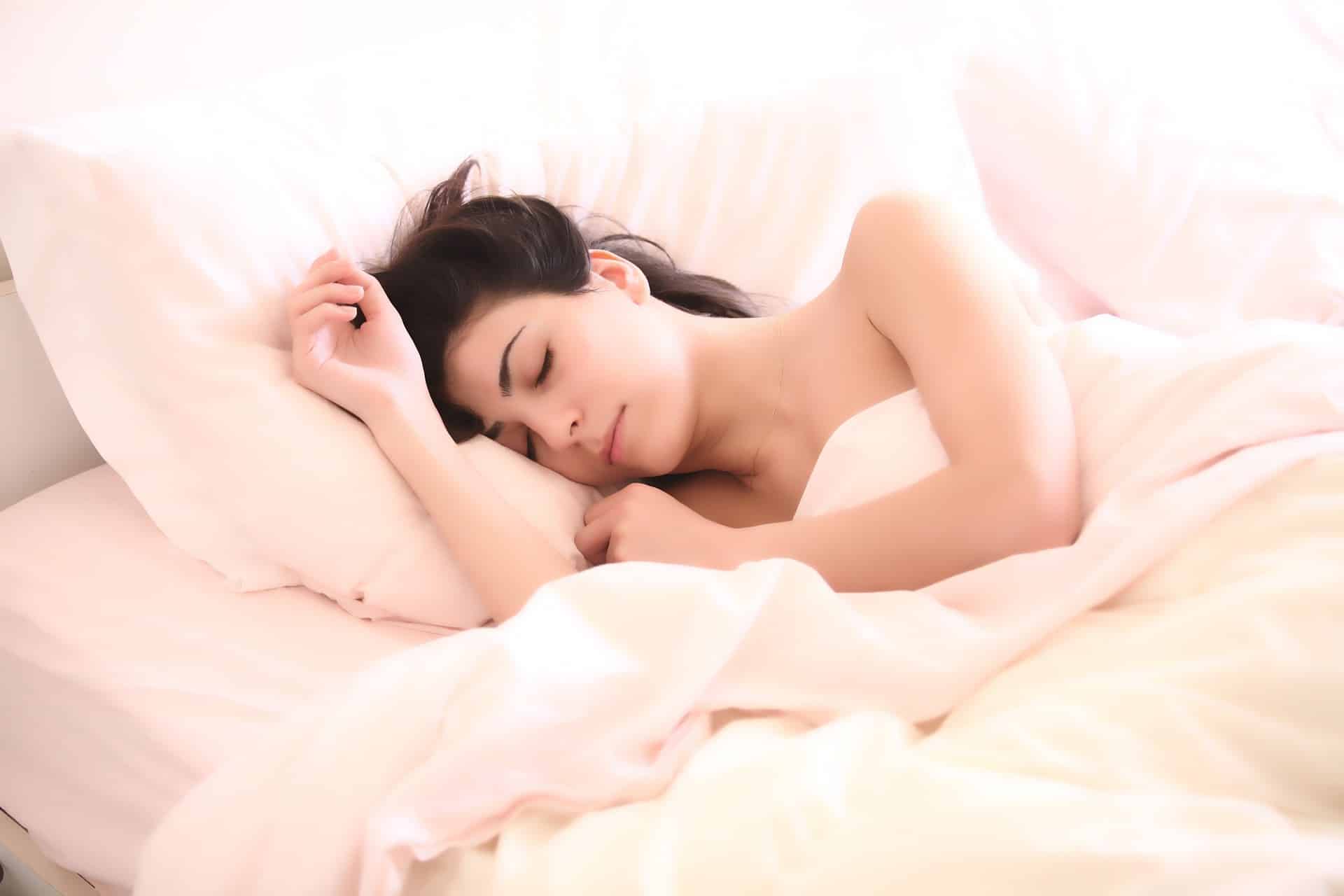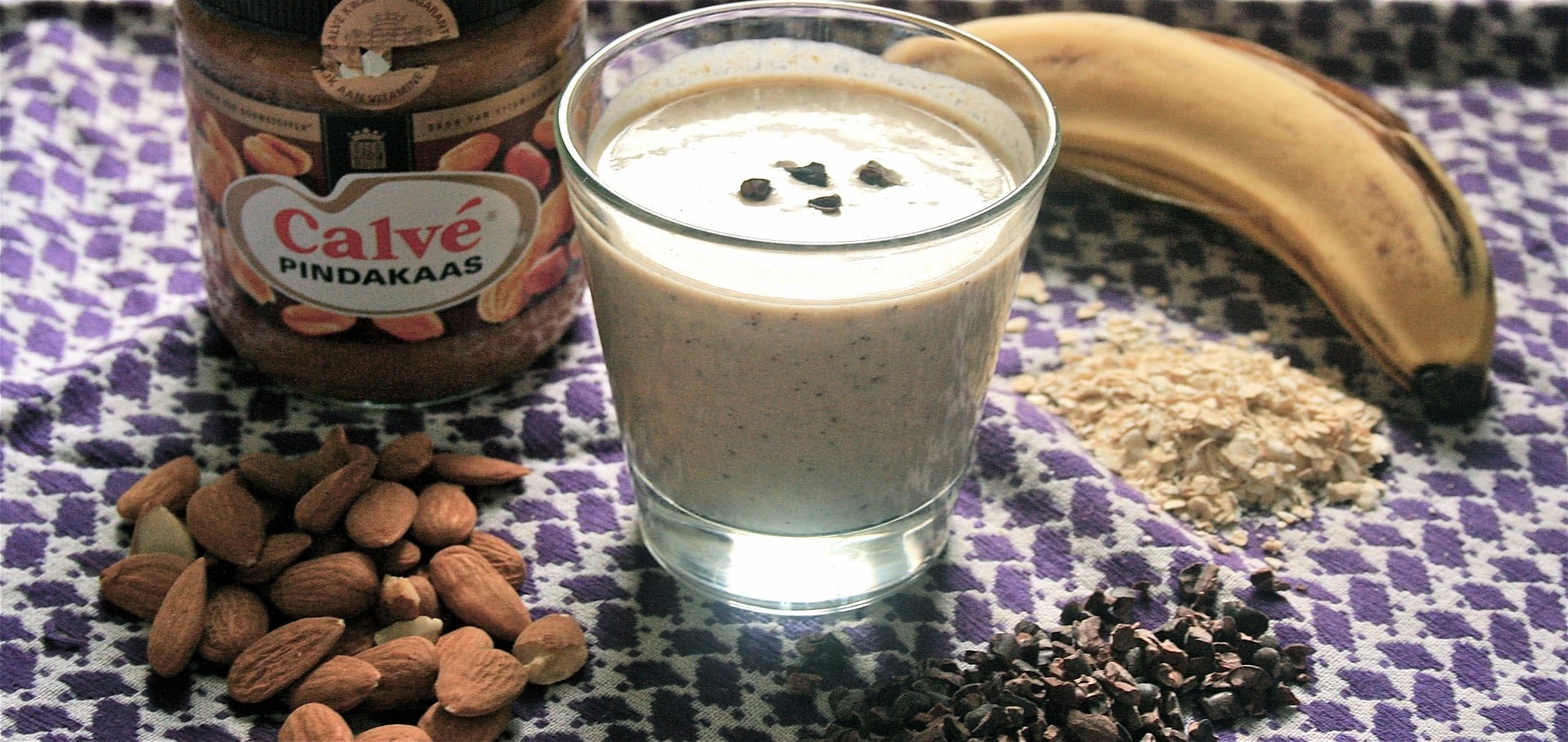It might seem irrelevant but diet and sleep have a strong connection.
Sleep can affect diet and have a major impact on how much and what types of food people eat. Today our article is about does sleep affect diet and how the two are connected.
Is Sleeping Linked to Eating?
Yes, the two activities are closely linked, as getting enough sleep and maintaining a regular sleep schedule can help to regulate appetite and energy levels. Studies have found that inadequate sleep can lead to an increase in hunger and appetite, causing people to eat more calories than they should.
When individuals do not get balanced sleep, their bodies lead to changes in appetite and food cravings, which can affect their eating habits. Whether it’s oversleeping or poor sleep habits can lead to unhealthy dietary choices.
Let’s have a look at how lack of sleep and oversleeping affect our diet.
How Lack of Sleep Affects us?

Lack of sleep can affect diet in several ways. For one, it can lead to an increase in appetite, particularly for high-calorie, sugary foods. This is because lack of sleep can alter the levels of certain hormones in the body, including ghrelin, which is a hormone that stimulates appetite, and leptin, which is a hormone that suppresses appetite.
When you don’t get enough sleep, your body may produce more ghrelin and less leptin, which can lead to an increase in hunger and cravings for unhealthy foods. As a result, You may feel fatigued and be less likely to engage in physical activity which leads to weight gain. Overall, lack of sleep can affect your decision-making abilities and judgment, which may make it more difficult to resist unhealthy food choices.
What Are The Effects of Oversleeping?
Oversleeping also affects diet by altering the levels of certain hormones in the body that regulate hunger and appetite. Oversleeping increases the hormone leptin, which suppresses appetite. This cause an increase in hunger and cravings for high-calorie, sugary foods. Moreover, Oversleeping may also lead to a decrease in physical activity, which can affect diet in several ways and cause weight gain.
Does Sleeping Cause Weight Gain or Loss?
Sleeping does not directly cause weight gain or loss. However, the amount of sleep a person gets can affect their overall health and can lead to weight gain or weight loss. Lack of sleep has been linked to an increased risk of weight gain while getting adequate sleep can help people maintain a healthy weight.
How Much Sleep is Enough?

The amount of sleep that is sufficient for you will depend on your age, lifestyle, and overall health. In general, most adults need 7-9 hours of sleep per night to function at their best. Children and teenagers may need more sleep, while the elderly may need a little less. However, it’s important to note that the amount of sleep that is sufficient for one person may not be sufficient for another. Some people may feel well rested with as little as 6 hours of sleep per night, while others may need 9 or more hours to feel fully rested.
The best way to determine how much sleep you need is to pay attention to how you feel during the day. If you feel alert and well-rested after 7-9 hours of sleep, then that is likely the right amount for you. If you feel tired or have difficulty concentrating during the day, you may need more sleep.
Foods That Affect Sleep
Several types of foods and drinks can affect sleep quality
- Alcohol: Alcohol may help you fall asleep initially, but it can disrupt your sleep cycle and lead to poor sleep quality. Alcohol can also cause you to wake up frequently during the night to use the bathroom.
- Caffeine: Caffeine is a stimulant that can stay in your system for up to 8 hours, so it can interfere with your sleep cycle.
- Spicy Foods: Spicy foods can cause heartburn and indigestion, which can make it harder to fall asleep.
- High-Fat Foods: Eating high-fat foods late at night can cause indigestion and make it harder to sleep.
- Sugary Foods: A diet high in sugar can disrupt the balance of hormones that regulate sleep, such as cortisol and insulin. It’s also important to note that eating a healthy, balanced diet that includes a variety of fruits, vegetables, and whole grains can help promote good sleep.
What is Healthy Food to Promote Good Sleep?

Here are the 8 best foods and drinks you can have before bed to enhance your quality of sleep.
- Bananas – High in magnesium and potassium, bananas help to relax the body and regulate blood pressure, leading to a better night’s sleep.
- Oatmeal – Oatmeal is rich in calcium, magnesium, and potassium, which can help regulate the body’s natural sleep-wake cycle.
- Almonds – Almonds are rich in healthy fats that can help you relax and fall asleep more easily.
- Kale – Kale is a good source of magnesium, which is important for relaxation and sleep.
- Chamomile tea – Chamomile tea is a popular herbal tea that can help you relax and get a better night’s sleep.
- Walnuts – Walnuts are a good source of omega-3 fatty acids, which can help promote relaxation and reduce stress.
- Tart cherries – Tart cherries are rich in melatonin, which helps regulate the body’s natural sleep-wake cycle.
- Honey – Honey is a natural source of the hormone melatonin, you can sleep well.
Simple Steps to Make Sleep Peaceful
- Stick to a consistent sleep schedule. Set a bedtime that is consistent every night, and make sure you get up at the same time each morning.
- Avoid caffeine and heavy meals late in the day. Caffeine and heavy meals can interfere with your sleep quality.
- Do Regular exercise as it can help you sleep better.
- Avoid alcohol and smoking. Alcohol and smoking can interfere with your sleep, so try to avoid these substances in the evening.
- Make your bedroom comfortable, dark, and quiet. Also, make sure the temperature is not too hot or too cold.
- Relax and take time to unwind before bed. Reading, listening to music, or taking a warm bath can help you relax and get ready for sleep.
- Avoid large meals and beverages late at night. Eating a large meal too close to bedtime can make it harder to fall asleep.
- Avoid screens before bed. The blue light from screens can disrupt your body’s natural sleep-wake cycle.



